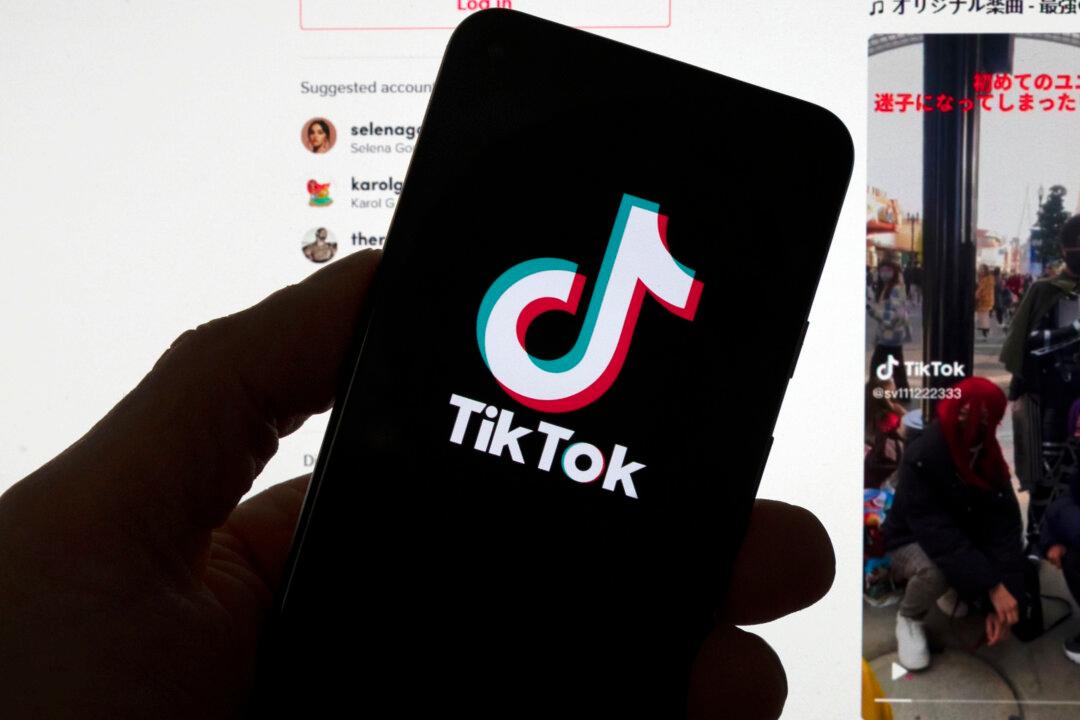Social media platform TikTok is asking the Supreme Court to temporarily block a law requiring its parent company, ByteDance, to divest the platform by Jan. 19, 2025, or cease operations in the United States.
The Dec. 16 filing came after the U.S. Circuit Court of Appeals for the District of Columbia Circuit rejected TikTok’s attempt to halt the law pending review by the Supreme Court.





